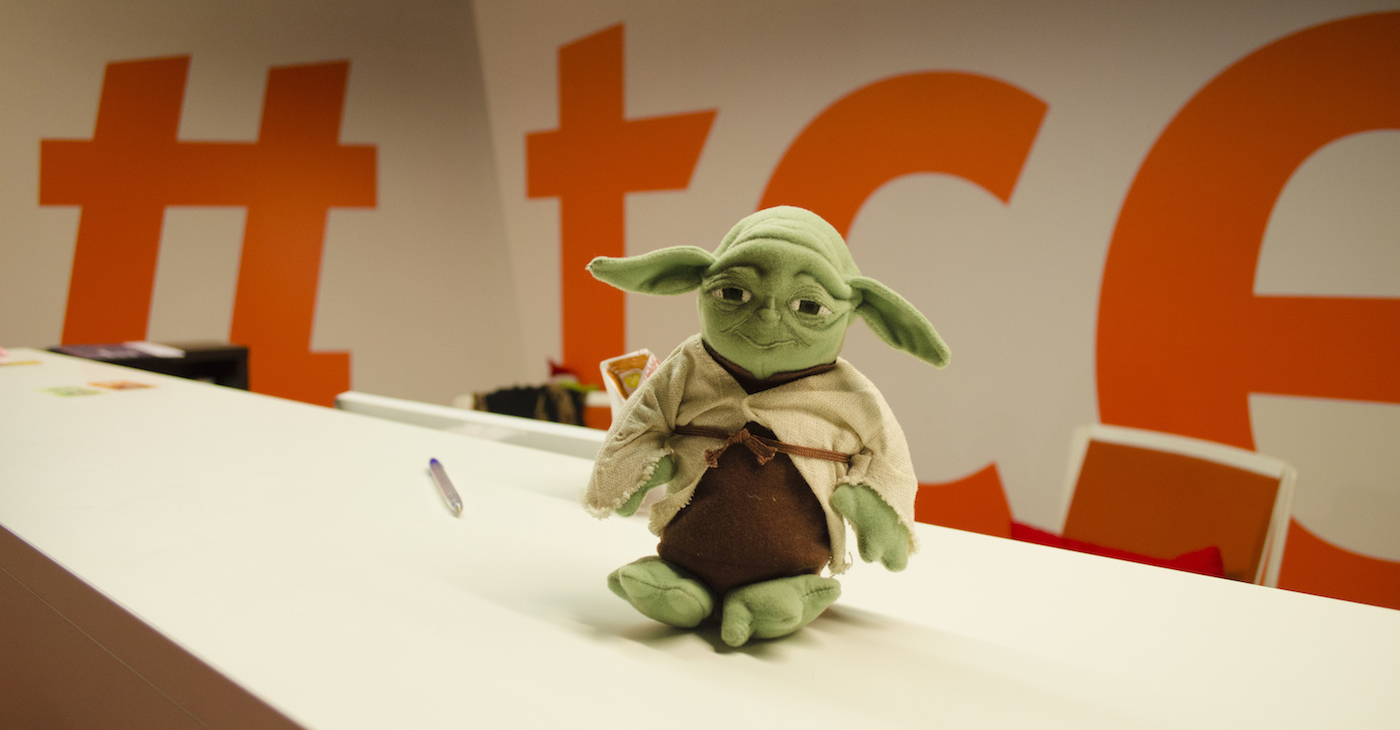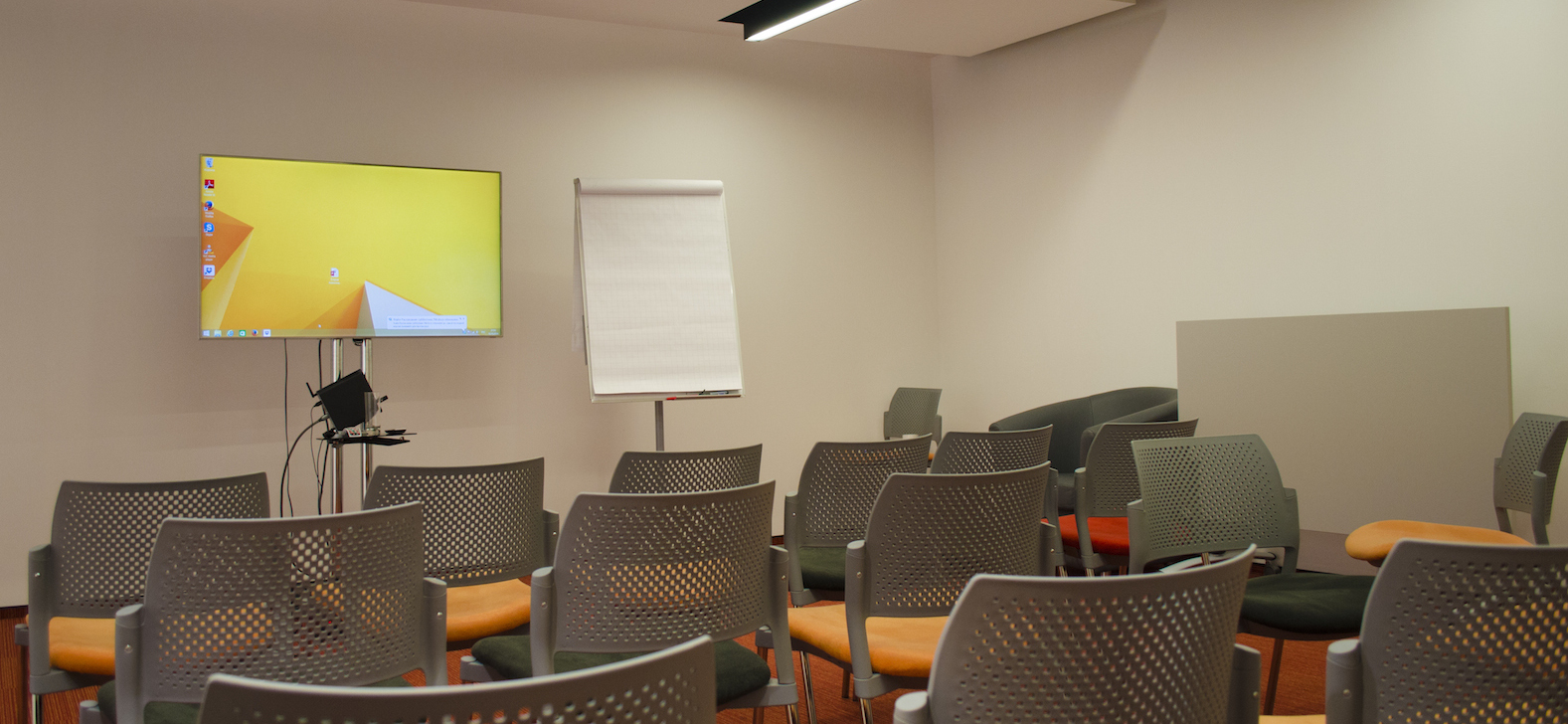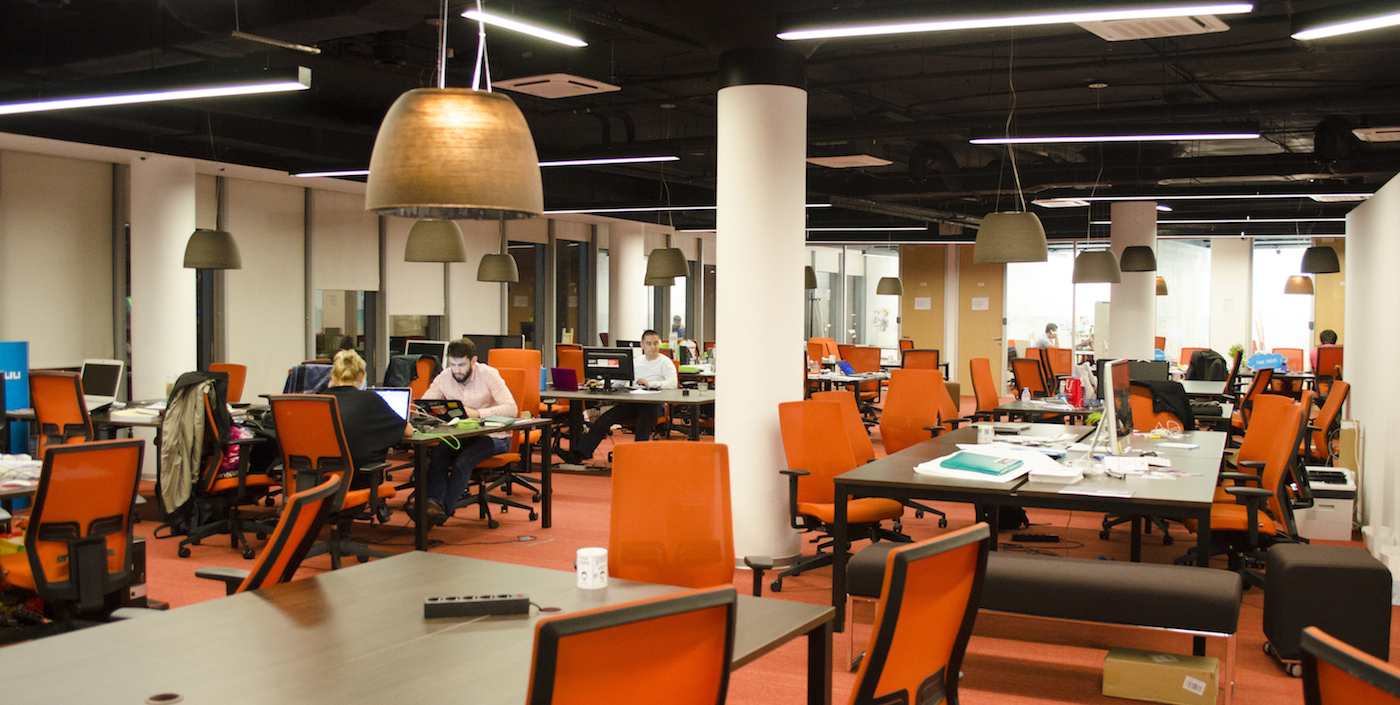School of Investment: Learning to Effective Startup Investment

Very soon, within the framework of the educational program #tceh_edu, a new course starts - “ School of Investments ”. The course is conducted jointly with the Accelerator of the IIDF and the Fund’s investment team and is intended for potential investors, business angels and those who are interested in the theory and (most important) practice of venture investments.
The program includes not only seminars, but also field work with the IIDF Accelerator’s portfolio projects, as well as the opportunity to participate in the IIDF’s portfolio projects on special terms.
')
To figure out who a modern venture investor is, what he needs to know and what the project can give, how to treat venture investment during the crisis, and why it is necessary to form a Russian community of startups and investors, we talked with course lecturers:
- Ilya Korolev, investment manager of the IIDF, investing in mobile and Internet projects on behalf of the Foundation;
- Sergey Negodyaev - head of the investment research fund of the IIDF;
- and Maxim Chebotarev - head of the IIDF investor club dealing with angel investments in Russia.
What does a modern venture investor look like? Is it true that in order to invest in IT start-ups, one must either work in a venture fund, or represent a large corporation, or, in extreme cases, have multimillion-dollar capital?
Ilya Korolev: There is no single portrait of a modern venture capital investor. Much depends on investment goals and investor strategy, as well as the degree of risk tolerance. I will speak mostly about investment at an early stage. It is not necessary to work in a venture fund or a corporation to invest in start-ups, but to have an adequate supply of cash to finance a company at an early stage, where the risk and potential returns are high, is highly desirable.
It is necessary, as they say, to be in the "topic", that is, either to invest in areas in which there is a fairly serious expertise, or to have easy access to such expertise. It is also desirable to make co-investments with syndicates of business angels, sharing risks, or co-invest with venture funds, as they have a large pipeline and the opportunity to attract better companies is much more.
If we talk about IT investments, then you want to see more business angels from entrepreneurs who have made successful exits from technology companies, and not managers of oil companies, who have free capital for investment, because the investor values not only or not so much and additional development opportunities, access to the network of specialized contacts and expertise of the market in which the company operates.
Sergey Negodyaev: It is very important to understand that startups and investors are very different. A modern professional investor today is, as a rule, an organization in which people with financial, consulting and IT experience work.
Angels are, first of all, individuals who have sufficient capital to invest. As a rule, such people have from 5 to 30 million rubles of savings, some of which they are willing to lose.
Angels can gather in clubs or give money to professional managers. Now there is a certain tendency to consolidate small players into associations whose investment capacity is higher.
Maxim Chebotarev: A modern venture capital investor in Russia and the world is, so far, somewhat different people. In Russia, this is one way or another, people associated with the technology market or with the business of IT companies. In the world, early stage investors (business angels) are people of various professions, from dentists to university professors.
Well, accordingly, how can we conclude: in order to become a real investor of a startup, you do not need to have some kind of secret knowledge or huge capital. In Silicon Valley, a business angel is one who invests between 100 thousand dollars a year (this is about, but close to reality) and does so in syndicates with other investors. In Russia, due to the fact that resources can be spent more optimally, a business angel can be called a person who invests from 1 million rubles a year.

What is more priority for the investor: deep (from a technological point of view) understanding of the industry in which he invests, or knowledge of business processes, economic conditions, soft skills?
Ilya Korolev: Technological or market expertise is extremely important when investing. Knowing the methodology, working smarter with companies that do not execute the plan at an early stage, but are still looking for a business model, is a big plus. An investor is not a cash bag, a gambler or a third-party observer, he is, first of all, a partner who shares the company's vision and helps to systematically implement it.
Sergey Negodyaev: As a rule, everything is important for the investor. Without an understanding of the industry in which he works, it will be difficult to attract partners and customers. Without knowledge of business processes, it is impossible to build and develop a company and manage it, although you can always hire an operations manager. Without soft skills it is difficult to interact normally with partners. An investor must possess all these skills to work effectively.
Maxim Chebotarev: The most important thing that should be in a business angel is a set of different competencies and connections that a technology startup does not have. In the early stages, investor money is much less important than the opportunities it can bring. Accordingly, it is important to understand the industry and communication in it.
Obviously, not everyone has such connections and knowledge, and for these people there are various clubs of business angels and associations of investors (the so-called syndicates). As part of the syndicate, there is always one leader who collects it, this is a professional business angel with maximum competencies, and there are other investors who can join it.
Can venture investments be regarded as a “working” instrument of your investment portfolio along with stocks of companies and other financial instruments? Do you need such high-risk investments in times of crisis?
Ilya Korolev: Like any activity, investments only bear fruit from a systematic approach. It is hoped that one investment will bring billions, but the probability of this event according to statistics tends to zero. In this case, the quality of companies at the entrance to the funnel (pipeline), the number of companies in the portfolio and knowledge of the industry is very important.
A crisis is a time of opportunity: companies' ratings are lower, business models can work, which in a fast-growing market have less chances, companies start thinking about business, and not about “pumping up” costs by increasing non-key indicators.
Sergey Negodyaev: I'm afraid not. History shows that in order to grow, a project at an early stage needs to make a lot of effort, both from the point of view of the team and from the perspective of an investor. If the investor does not engage in projects, then there is a great risk of losing the investments.
Are venture investments needed during a crisis? Of course! Now the market is reducing the amount of available capital for the project, especially in the early stages. If a new player with money now appears on the market, he can count on very good conditions for investing in venture capital projects.
Maxim Chebotarev: World statistics already says that it is possible, since venture investments give a higher percentage than bank deposits in developing countries. But here we must understand that the probability of being successful is still less than the probability of losing your money. Statistics say that a business angel learns from its first ten investments, and only then it starts earning.
During a crisis, investing in technology start-ups is one of the best ways to invest money. If we correctly approach the selection of portfolio companies now, it turns out that the time of exit and sale of its share will coincide with the moment of the highest market position, when the price and multipliers are maximum. No crisis can last forever, especially in one of the largest economies in the world - Russia.

Can (and should) a “general culture of venture investment” be formed?
Ilya Korolev: Of course it can and should. For example, when investing at an early stage, in no case should you take more than 10-20%, the founders should have enough motivation to develop their own business through another 3-4 rounds.
On the other hand, investing a lot of money right away is also not worth it, since the limited resources and the level of uncertainty force entrepreneurs to leave the comfort zone when searching for a workable business model. Money should be enough to cover the cost of 3-6 months (with angelic round or pre-seed).
On the one hand, it is necessary that all market participants understand the general rules of the game (how, with whom and in whom to invest, under what conditions), on the other hand, infrastructure is needed (law, development institutions, and so on).
Sergey Negodyaev: I do not really understand what a venture capital culture is. It would be correct, perhaps, to talk about the education of the participants in the ecosystem. Projects need to better understand why and how investors finance projects. Now very often coming projects do not understand not only what the investor needs, but also in their business.
It is necessary to raise the level of professionalism of founders who are more technologically able to approach goal setting, sales formation, processes. Now all the founders talk about attracting rounds, and no one talks about revenue and cash flow. Here we have to work on this.
Maxim Chebotarev: Of course, it can, and should. Culture creates beautiful deals and good stories that motivate entrepreneurs not to be afraid to take money from business angels, and business angels to give money to entrepreneurs. It is important that both the startup and the investor understand their responsibilities and take a serious approach to the process of structuring the transaction, and to further work.
Common culture is not only some informal things, like expectations of each other among participants in the transaction, but also, for example, various important formal details: how to structure the transaction, how to approach the selection and portfolio formation, what can be demanded from an entrepreneur, and that - not worth it.
Investment money is sometimes compared with a very expensive loan - and what, besides money, can an investor contribute to a startup?
Ilya Korolev: From the point of view of money, indeed, investments are the most expensive source of financing, but not only money, but additional opportunities for growth, a network of contacts both among potential partners and customers, as well as possible subsequent investors, expertise is important here. and the competencies that an investor can bring, as well as, possibly, the infrastructure that he can provide.
Sergey Negodyaev: The main thing that the right investor brings is not money, but competencies and partners. Competences help to avoid major mistakes, choose the right directions of development and attract customers and partners.
How important is it for the development of projects to form a local startup / investor community? How developed is this interaction in Russia? What role in the process of its development does FRIA play?
Maxim Chebotarev: In total, throughout the country, many experts talk about 100 real business angels who constantly monitor startups and invest in them. For a huge country, this is a vanishingly small number of business angels. And, accordingly, it is necessary to form a community. World practice shows that investors invest money and time in startups that are close to them.
Sergey Negodyaev: The local community dramatically increases the efficiency of the ecosystem, as sites are formed where projects begin to interact with each other. Projects begin to share experiences, help each other and organically evolve. Investors find it easier to work with the ecosystem, since it has a large number of projects, which reduces the cost of their search.
In Russia, such interaction is actively developing. Areas are being formed where projects communicate and develop, technoparks are built, accelerators are launched. These sites are constantly attracting investors.
FRII and the Moscow accelerator FRII are the largest site in Russia in terms of the number of projects. We have collected huge databases of projects and partners, have developed practical practices for successful development, and constantly hold industry events, which has a positive effect on the quality of investment projects.
We can only add that the "School of Investment" will begin on June 18. Fill out an application and learn more about the program and course lecturers here .
Source: https://habr.com/ru/post/291470/
All Articles